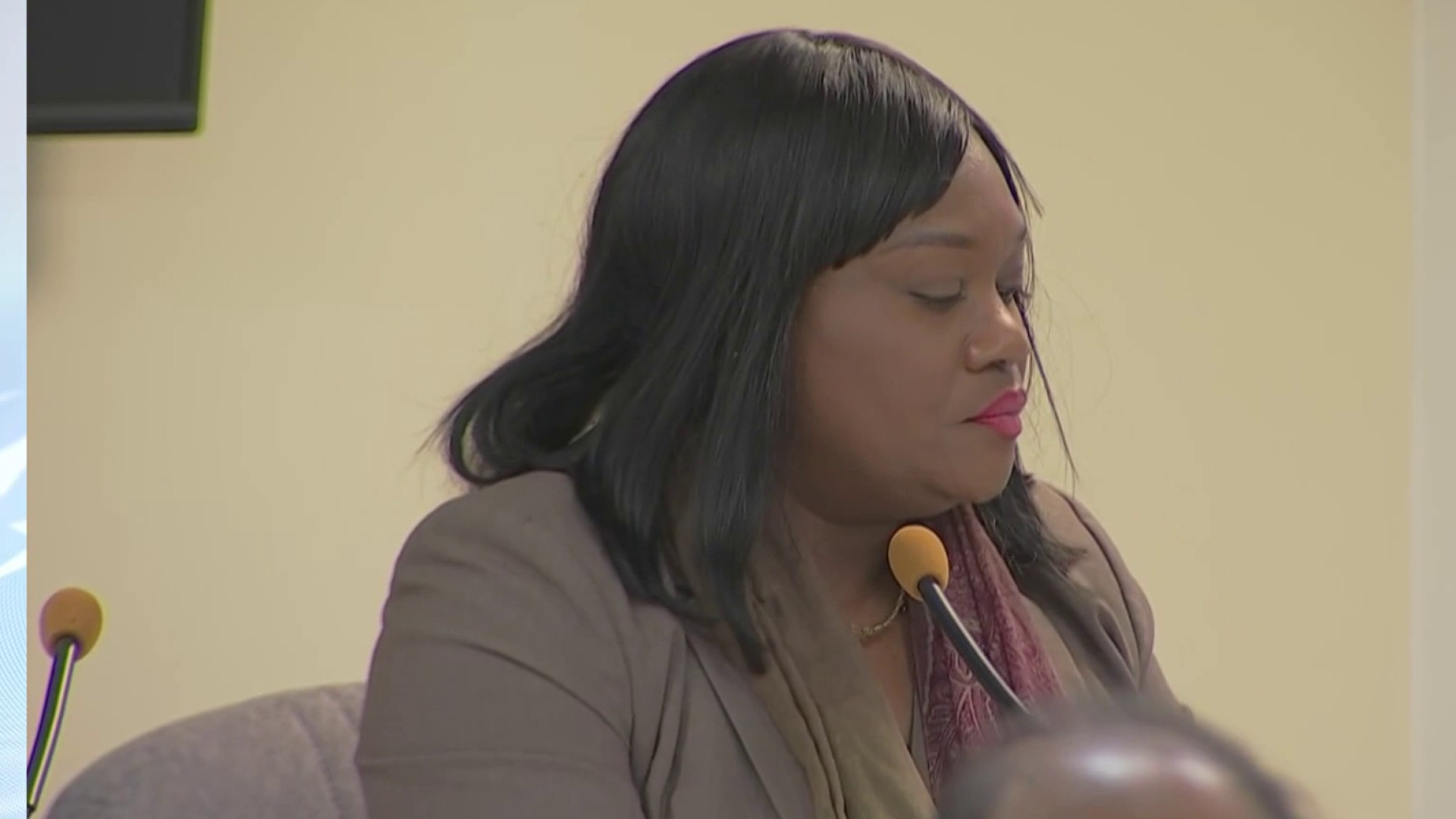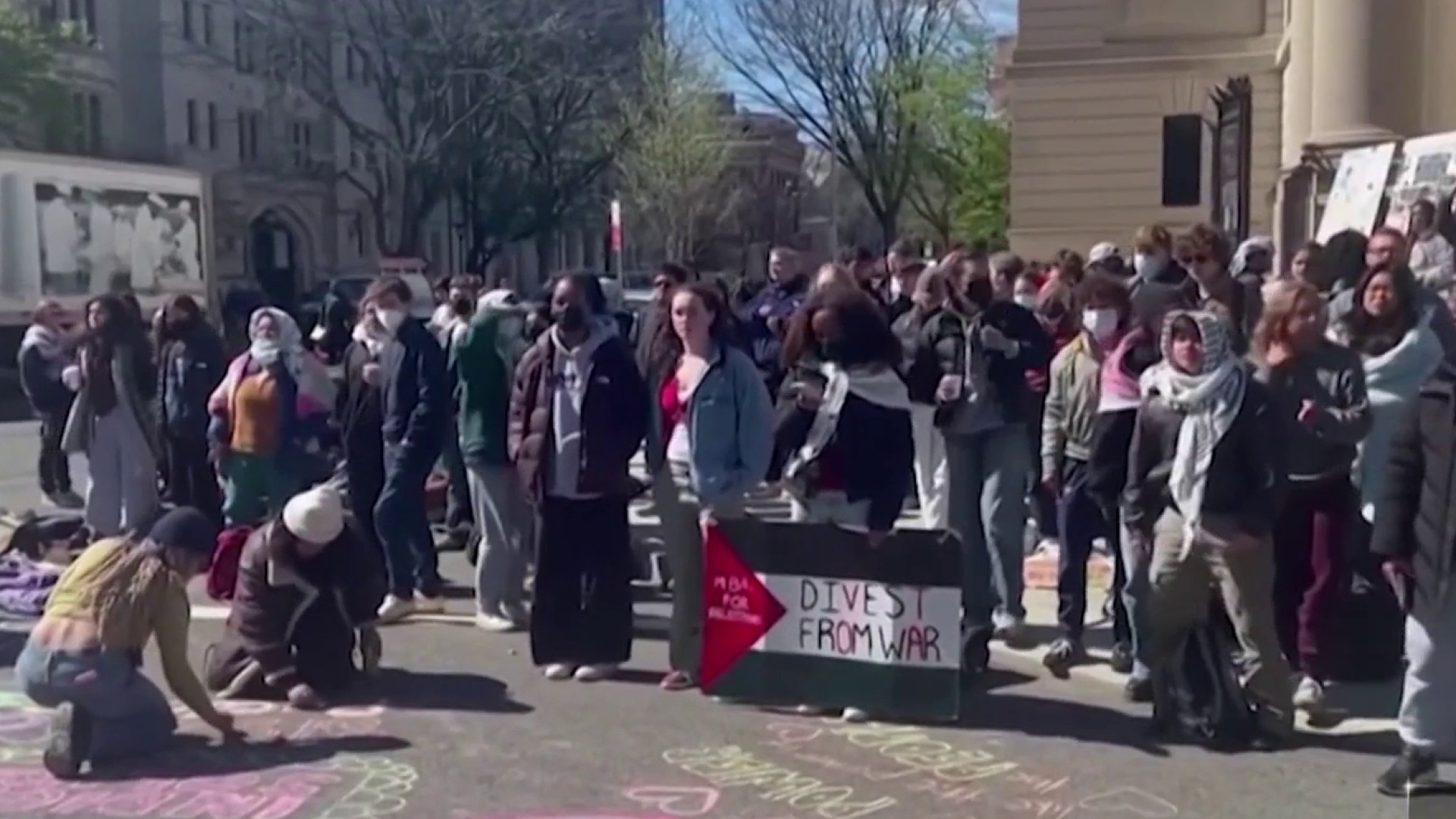Bill Cosby’s lawyer wants to withdraw from his client’s sexual assault case ahead of the retrial scheduled to begin later this year.
Lead defense attorney Brian McMonagle filed a petition Tuesday requesting to withdraw as Cosby's counsel. He also said Cosby is taking steps to secure new lawyers. Montgomery County Judge Steven O'Neill will consider the request at a hearing on August 22.
Cosby’s trial ended in a mistrial in June after jurors failed to reach a unanimous decision. Prosecutors vowed to try again, declaring the woman who accused the 80-year-old comedian of drugging and molesting her at his Philadelphia-area home in 2004 was “entitled to a verdict.” His retrial is scheduled to begin in November.
The jury deliberated more than 52 hours over six days before telling a judge they couldn’t agree on whether "The Cosby Show" star sexually violated Temple University employee Andrea Constand by penetrating her with his fingers after giving her pills that left her paralyzed on a couch and unable to tell him to stop.
Cosby's wife of 53 years, Camille, slammed prosecutors for bringing the case to court, calling District Attorney Kevin Steele "heinously and exploitively ambitious" in a statement released after court adjourned. She also attacked the judge, the accuser's lawyers and the media.
"How do I describe the judge? Overtly arrogant, collaborating with the district attorney," said her statement, which was read by Wyatt and tweeted by her husband.
Local
Breaking news and the stories that matter to your neighborhood.
After the mistrial, Constand’s lawyers released a statement thanking the prosecution for taking her case and said the trial had "given a voice to the many victims who felt powerless and silenced."
It was the only criminal case to arise from allegations from more than 60 women that cast Cosby as a serial predator who gave drugs to women before violating them.
He did not take the stand in his own defense, leaving it to his attorney to argue Cosby and Constand were lovers sharing a consensual sexual encounter. McMonagle told jurors that while Cosby had been unfaithful to his wife, he didn't commit a crime.
In the deposition, which was released in 2015 at the request of The Associated Press, Cosby said he obtained several prescriptions for quaaludes in the 1970s and offered the now-banned sedatives to women he wanted to have sex with.
He also said he gave Constand three half-tablets of the cold and allergy medicine Benadryl before the "petting" began. Prosecutors suggested he drugged her with something stronger.
Constand, now 44, initially went to police about a year after she said Cosby assaulted her, but a prosecutor declared her case too weak to bring charges.
A decade later, another district attorney reopened the investigation after Cosby's lurid testimony about drugs and sex became public, and dozens of women came forward against one of the most beloved stars in all of show business. He was charged shortly before the statute of limitation was set to expire.
McMonagle, in his closing argument, pointed out that Constand telephoned Cosby dozens of times after the alleged assault. Constand told the jury she was merely returning his calls about the women's basketball squad at Temple University, where she was director of team operations and he was a member of the board of trustees.
"This isn't talking to a trustee. This is talking to a lover," McMonagle said of one call that lasted 49 minutes. "Why are we running from the truth of this case — this relationship? Why?"
He also tried to sow doubt about Constand's story, saying it had evolved during her interviews with police.
But Steele said it was no accident that some of Constand's memories were faulty.
"There are some things in this case that should be fuzzy. Why? Because he drugged her to do this," the prosecutor told jurors. "She spent a lot more time trying to forget what happened than trying to remember that night."
Before going on trial, Cosby expressed hope he could eventually resume his career. But TV networks had long since scrapped plans for a comeback and pulled reruns from the air after his lurid deposition testimony became public.
The Associated Press does not typically identify people who say they are victims of sexual assault unless they grant permission, which Constand has done.



